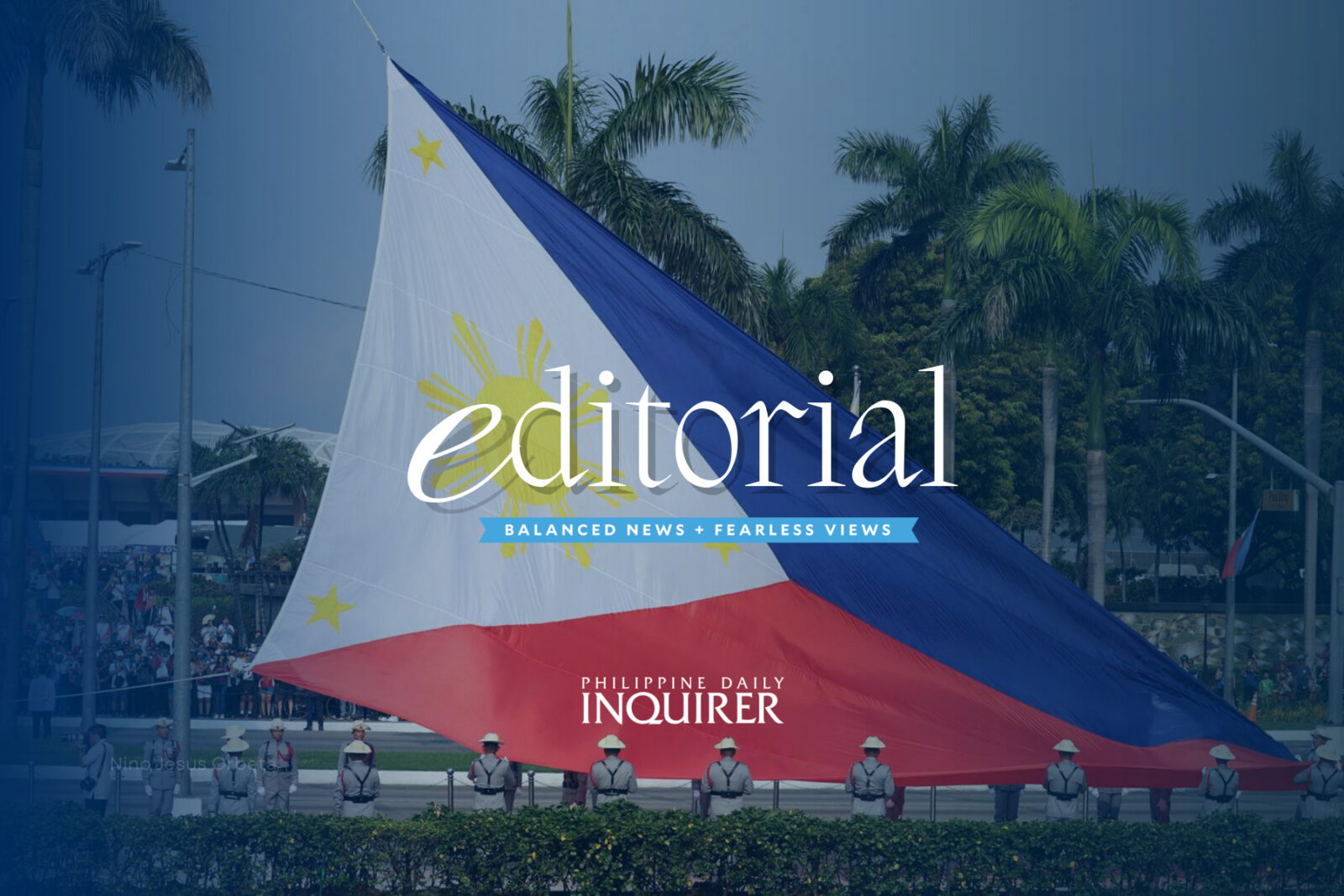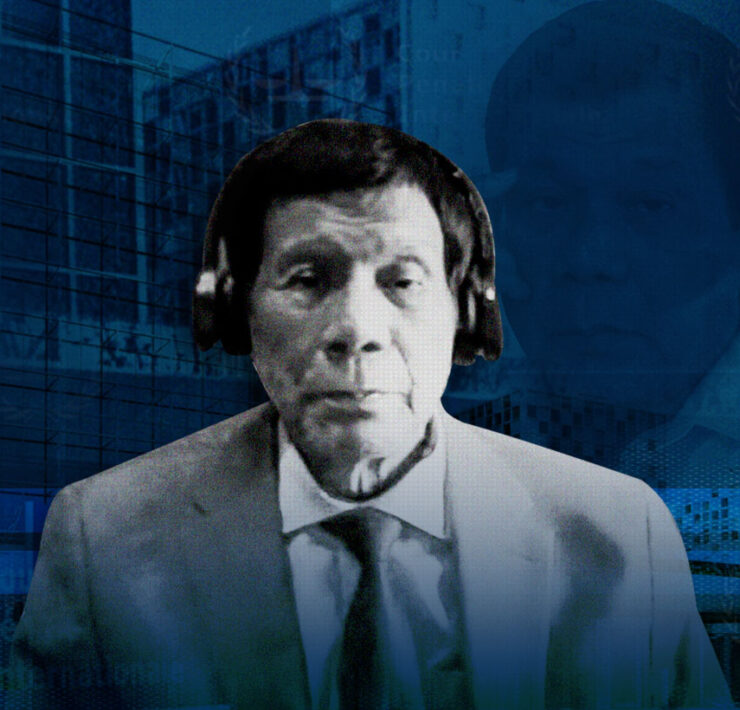Heed the clamor for open bicam

It’s that time of the year when select members of Congress leave their spacious plenary halls to retreat into a swanky hotel ballroom, where they meet for a bicameral conference to reconcile differences between the two versions of the proposed national budget law.
After months of panel and floor debates held in full public view, first at the House of Representatives, and then, the Senate, lawmakers are dropping the pretense of transparency to commence negotiations behind closed doors, relegating media to staid briefings and photo-ops at the start and close of the proceedings.
It is in this exclusive club, during the penultimate stage of the budget cycle, where handshakes are made and backs patted, where taxpayer money transforms into pet projects in the name of political compromise and vested interests, and where elite politicians decide where to pour billions of pesos in government funds, with no record and practically zero accountability.
Worse, the conferees do not actually buckle down to work, for all meaningful discussions are passed on to a “small committee,” a “committee of two,” or the “third chamber,” consisting of a pair of arguably the most powerful members of the legislature: the chairs of the Senate finance committee and the House appropriations committee.
Mounting clamor
Over the years, there has been persistent and mounting clamor to open the inter-chamber budget conference to public scrutiny—to no avail.
Last Wednesday, budget watchdogs congregated in Quezon City in a bid to sway the two Houses to heed the call to make the proceedings transparent. “The process needs to be open to the public in order for us to stop any attempt to bloat unprogrammed funds which congressmen and senators will use as a pork barrel,” former Bayan Muna Rep. Teddy Casiño said.
He was referring to the midnight bicameral approval of a provision in the current budget allowing government-owned and -controlled corporations like the Philippine Health Insurance Corp. (PhilHealth) to be tapped as funding sources for unprogrammed appropriations, or those yet-to-be-funded budgetary items.
Such ill-advised move would prove disastrous, and last month, the Supreme Court halted the transfer of the remainder of excess PhilHealth funds to the treasury in response to multiple petitions assailing its legality.
The ‘most powerful chamber’
Last month, former senator Panfilo Lacson, long an advocate of an open bicameral conference, described the panel as “the most powerful chamber, because there are no transcripts or minutes of the meeting.”
The problem, according to Lacson, is that after the conference opens, a committee of two is created to pore over the clashing provisions in the spending measure, “so only the two of them talk, and … when the bicameral conference resumes, the document is already prepared for signing.”
This year, Sen. Grace Poe, the Senate finance chair, called it a “technical working group.”
“If you wouldn’t sign, you would be an antagonist,” Lacson said, noting that the consequence of Congress failing to pass the spending law before the end of the year would be the reenactment of the current budget. What happens next is most conferees would opt to sign the voluminous document without having the time to study and read it.
Now it appears the same thing will happen to the proposed 2025 appropriations law as the Senate and the House have stubbornly ignored the push for transparency. Which means certain decisions on hot-button issues, such as on the P1.3-billion budget cut for the Office of the Vice President and the P39-billion allotment for the social welfare department’s Ayuda para sa Kapos ang Kita Program, will be made away from the public eye.
Lack of transparency
“The lack of transparency in bicameral conference committee proceedings has enabled the insertion in the budget law of provisions that were not in the versions approved by either House, and oftentimes not even discussed in the deliberations of either House, effectively circumventing proper legislative scrutiny,” Makabayan lawmakers said in a resolution proposing to open the bicameral conference.
Alas, the call has fallen on deaf ears.
Let us note that nothing in the rules of the Senate and the House prevents either chamber from opening the bicameral conference to the public. Therefore, Congress has no excuse.
But what the lawmakers fail to realize is how shadowy budgeting contributes to the erosion of public trust. Every pork insertion, every unexplained and unexamined appropriation, chips away at citizens’ faith in their government.
At the heart of the matter is integrity and moral ascendancy. For the House of Marcos to have the credibility to cast judgment on alleged cases of fund misuse, such as of Vice President Sara Duterte’s confidential allocations, it must lead by example. By pulling back the curtain on the entire budget process, lawmakers can prove they are putting the public’s interest above their own.





















